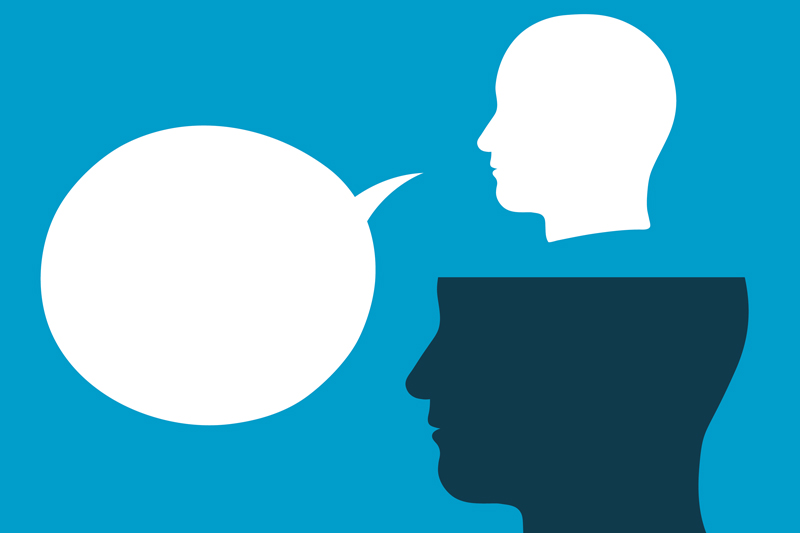A team at Yale University has been working with people from the mediumship community in an effort to understand their experiences and apply what they learn to help people who hear voices that are distressing. Voice hearing is much more common than previously acknowledged, up to 20% of people might hear a voice when no-one is around at some point in their lives, between 3 and 10% have that experience more frequently. Hearing voices is not a sign of mental illness and, by working with people who identify as clairaudient, the team believes that they can help the 1% of the population who suffer from schizophrenia, for whom voice-hearing can be very distressing.
In their work so far, the team led by Professor Phil Corlett has learned that people who identify as clairaudient have voice experiences that are very similar to those reported by people whose voices are distressing. They happen as frequently, the voices say things of similar length and loudness, the content may be more positive and the experiences are understood as spiritual gifts that clairaudient people have more control over and therefore find less distressing. Furthermore, when the clairaudient people first shared their experiences with another person, their response was significantly more positive than the people with distressing voices. The Yale team wants to learn more about why that might be.
“There are many different ways that human beings experience the world. Our team would like to learn more about how and why people have the experiences that they do. We are not interested in proving or disproving anyone’s abilities. Instead we want to learn from you what it is like to have the experiences that you do, how you feel about them, when they started, how you stop them. We think this might be one way to better help people who suffer with their voices and find them frightening,” says Dr. Corlett.
Using brain scans and computer games, the team has shown (in Science Magazine) that people who hear voices (both the clairaudient people and the patients with distressing voices) develop strong expectations about what might happen next. These predictions (or priors) fill in their experiences of the world. The patients find it hard to update those predictions when the game changes, whereas people with clairaudient abilities can change their minds more easily. In a new study, across two sites (Yale and University of Maryland), the scientists are trying to learn more about clairaudience and voice-hearing. If you are interested in helping them to help people with voices that are distressing, please contact belieflab@yale.edu. The study involves interviews about your experiences, computer games and brain scans, and you will be compensated for your time.
Dr. Philip Corlett is an Associate Professor at Yale University Department of Psychiatry. He is very interested in hearing from you if you think you would like to be part of this study. Please contact his team at: belieflab@yale.edu.
